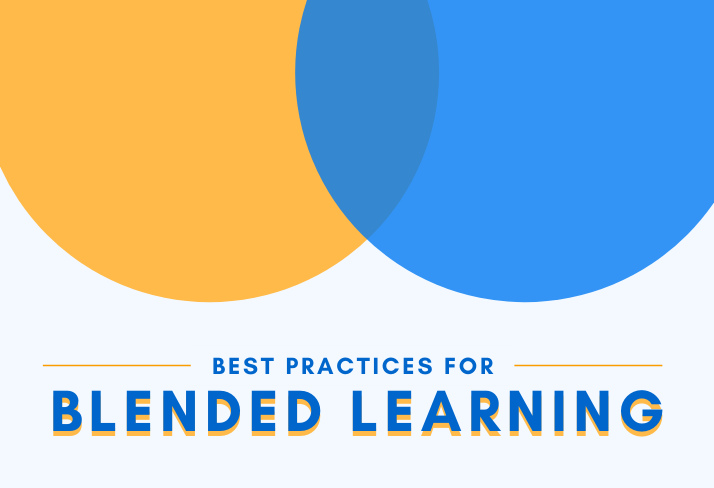|
Engagement is a highway that leads students to their goals, and it is our job to build as many on-ramps as we can to capture all kinds of kids in all kinds of ways.
As educators, we often see the main priority of in-person schooling as the development of academic knowledge and skills, and that priority has carried over to the online learning space. Students, however, typically view school as a way to be a part of their social community. Seeing and being seen by friends is a huge factor for student attendance, and even in-class engagement. The social-emotional component of school is identity forming; it's where students develop a sense of self beyond their families, and the close quarters of the in-person classroom organically enhance this experience. But when we’re not together in the same place (or we’re together, but we’re socially distanced or wearing masks), authentic opportunities for students to connect with one another disappear.
In addition to finding a peer group, establishing relationships, and making connections with other students, school is the place where students can make a healthy connection with a caring adult who isn't a member of their family. Many students, especially those who are young, feel a close connection to their teachers. They give gifts, share hugs and high fives — in their little lives, teachers may be some of the only non-family adults they know, and some of the only adults they can develop a relationship with independent of a parent or a sibling. In the transition to remote learning, the opportunities for this type of social-emotional support and connection have almost fully evaporated, even as schools have figured out ways to provide academic opportunities.
Activating social-emotional engagement
The three pillars of student engagement — academic, intellectual, and social-emotional — are about maximizing any opportunity that can help bring kids to class. Academic engagement, or even just showing up, can lead to meaningful intellectual engagement, and that, in turn, can lead to organic social and emotional community experiences that meet students’ needs. Even students who are struggling to sign in to class or struggling to find meaning in instructional activities can still be motivated to connect on a personal level. What kind of social-emotional interactions do kids have? Think about the different types of organic connection points we find when school is in session, and then consider ways to match them with our online experiences.
Our hope is that students who haven't been "showing up" to school might show up to opportunities like these. If they do, it will refuel their energy and strengthen their social-emotional engagement with school, helping them to deepen personal connections that re-energize their sense of self. We can then leverage these connections to increase academic and intellectual engagement.
If we see student success in school as tied to anything — especially now — it is student engagement. Engagement is a highway towards students achieving their goals, and it is our job to build as many on-ramps as we can to capture all kinds of kids in all kinds of ways.
|
|
The Center for Professional Education of Teachers (CPET) at Teachers College, Columbia University is committed to making excellent and equitable education accessible worldwide. CPET unites theory and practice to promote transformational change. We design innovative projects, cultivate sustainable partnerships, and conduct research through direct and online services to youth and educators. Grounded in adult learning theories, our six core principles structure our customized approach and expand the capacities of educators around the world.
|
ABOUT US
525 West 120th Street, Box 182 New York, NY 10027 416 Zankel Ph: (212) 678-3161 [email protected] Our Team Career Opportunities |
RESOURCES
Professional Articles Ready-to-Use Resources Teaching Today Podcast Upcoming PD Opportunities |
COACHING SERVICES
Custom Coaching Global Learning Alliance Literacy Unbound New Teacher Network Student Press Initiative |

























